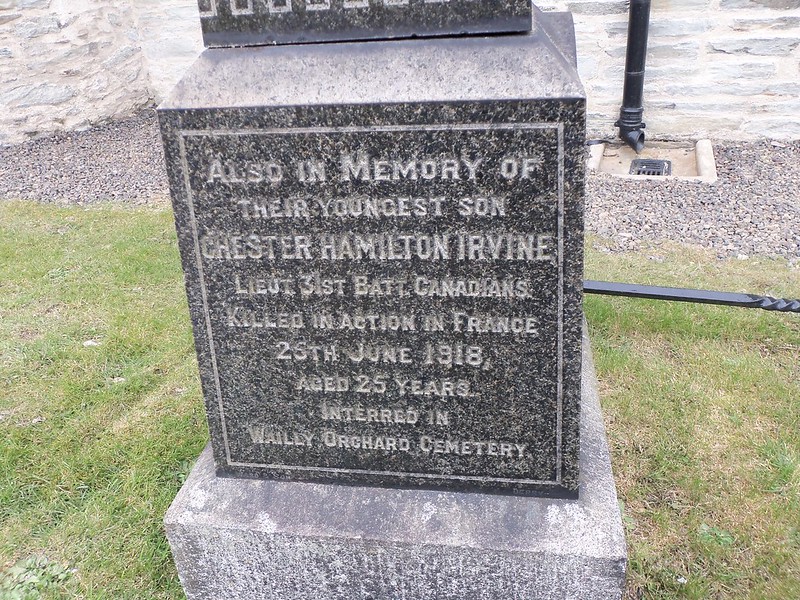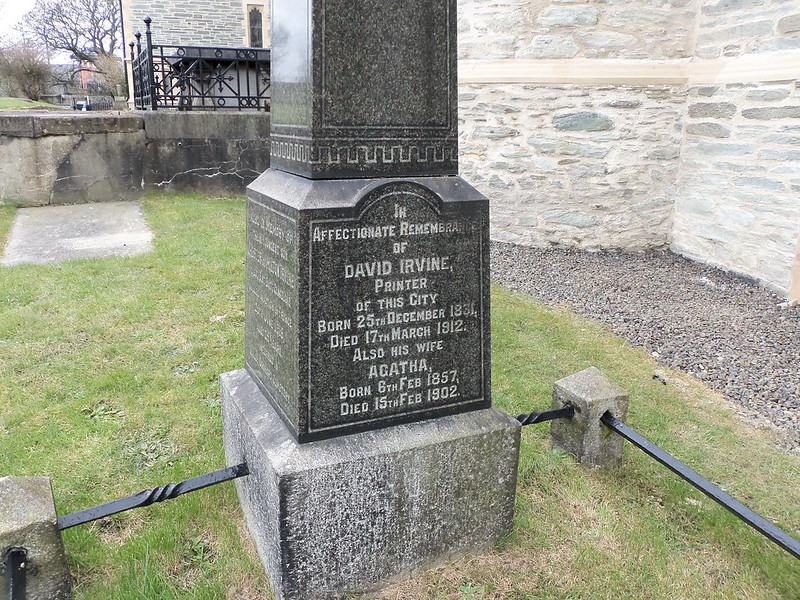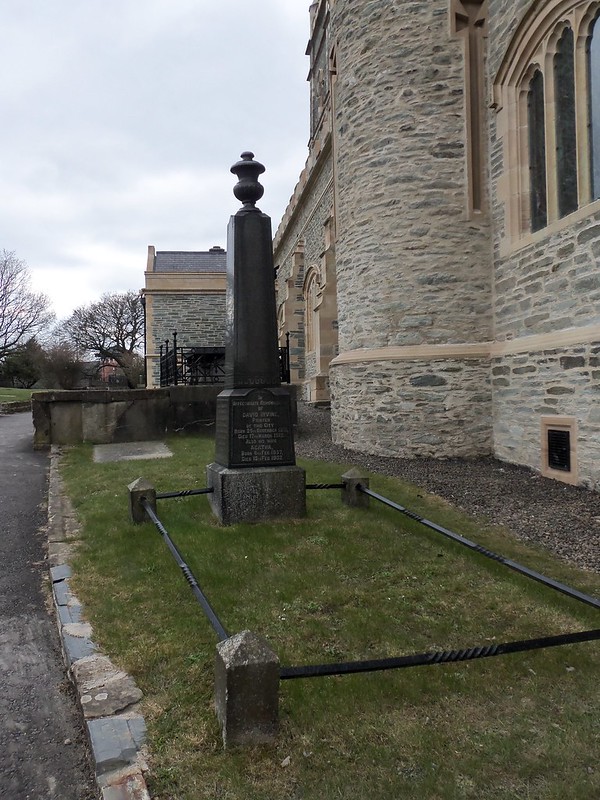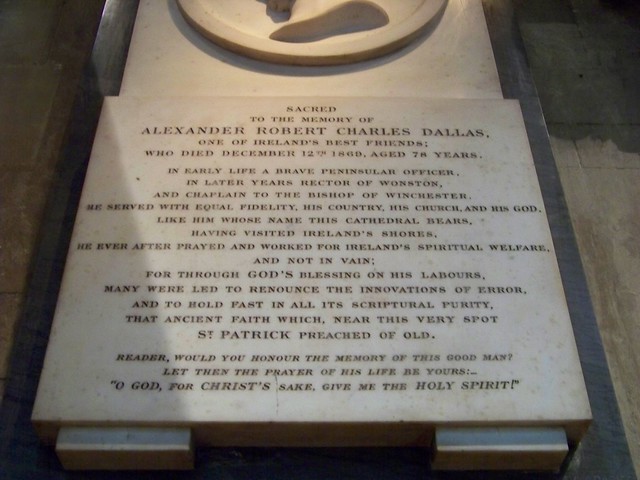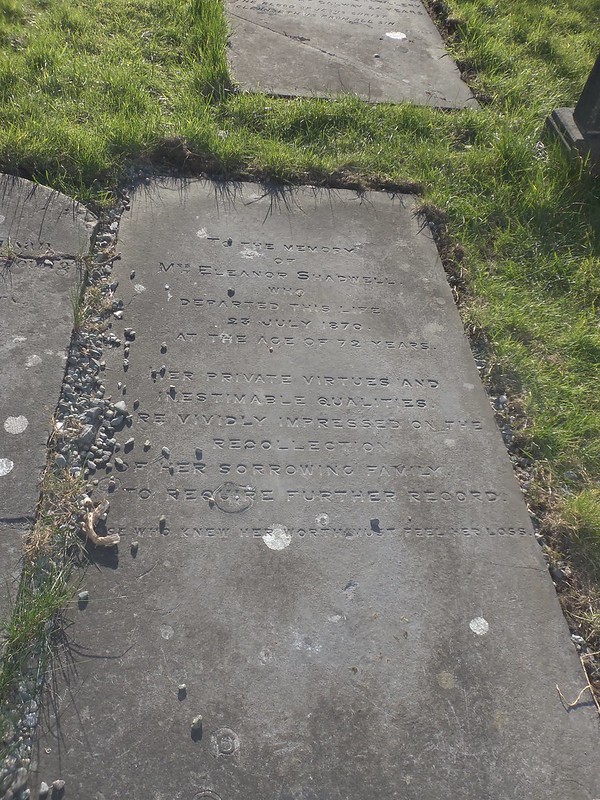
Archive for the ‘Dead Men Do Tell Tales’ Category
Pitcairn Wordless Wednesday
Posted in Dead Men Do Tell Tales, In the church..., tagged american revolution, boston, cause of death, massachusetts, occupation, old north church, revolutionary war on February 5, 2020| Leave a Comment »
Snow Wordless Wednesday
Posted in Dead Men Do Tell Tales, In the church..., tagged boston, cause of death, kings chapel, massachusetts, navy, occupation, sailor, world war ii, wwii on January 28, 2020| Leave a Comment »
Greenwood Wordless Wednesday
Posted in Dead Men Do Tell Tales, In the church..., tagged boston, clergy, kings chapel, massachusetts, occupation on January 22, 2020| Leave a Comment »
Freeman Wordless Wednesday
Posted in Dead Men Do Tell Tales, In the church..., tagged boston, clergy, kings chapel, massachusetts, occupation on January 15, 2020| Leave a Comment »
George Jacobs, Sr.
Posted in Dead Men Do Tell Tales, tagged cause of death, danvers, massachusetts, salem, salem witch trials on January 9, 2020| Leave a Comment »
In the family cemetery on the Rebecca Nurse Homestead, there is a newer stone in the colonial style for George Jacobs, Sr. In documents regarding the Salem Witch Trials, he is described as an elderly (late 70s/early 80s) English colonist and farmer who used canes for mobility. During the 1692 Salem Witch trials, the afflicted girls, including his servant Sarah Churchill, accused Jacobs, his son George Jr., his daughter-in-law Rebecca, and granddaughter Margaret of being witches. George Jr. managed to evade arrest by leaving the Salem area. Margaret Jacobs confessed to witchcraft while being examined by the magistrates, naming her grandfather as another witch. Though Margaret later recanted her testimony and was in fact acquitted, her grandfather was tried, convicted, and sentences to die by hanging.
The executed witches were barred from burial in sacred ground and probably tossed in a common pit near the gallows, but Salem tradition has long held that some relatives returned under the cover of night to retrieve remains and bury them in secret. The Jacobs descendants claimed to have found George Sr.’s grave on the family farm in 1864. In 1950, developers discovered the grave while building on the property, and the bones were exhumed. While they cannot be verified as belonging to George Jacobs, Sr., the bones were those of an elderly man fitting his description. In 1992, 300 years after the trials, the bones were reinterred in the Nurse family cemetery on the Rebecca Nurse homestead in a 17th century style coffin.


Alston Wordless Wednesday
Posted in Dead Men Do Tell Tales, tagged canongate kirkyard, child, edinburgh, occupation, scotland, wordless wednesday on January 8, 2020| Leave a Comment »
Irvine Wordless Wednesday
Posted in Dead Men Do Tell Tales, tagged cause of death, derry, great britain, ireland, londonderry, northern ireland, occupation, st. columb's cathedral, wordless wednesday on December 7, 2016| Leave a Comment »
Dallas Wordless Wednesday
Posted in Dead Men Do Tell Tales, In the church..., tagged dublin, epitaph, ireland, occupation, st. patrick's cathedral, wordless wednesday on November 23, 2016| Leave a Comment »
Her sorrowing family
Posted in Dead Men Do Tell Tales, tagged epitaph, galway, ireland, st. nicholas' collegiate church on November 6, 2016| Leave a Comment »
Whoever composed the epitaph for Mrs. Eleanor Shadwell felt her loss sharply:
To the memory of Mrs. Eleanor Shadwell who departed this life 23 July 1870 at the age of 72 years. Her private virtues and inestimable qualities are vividly impressed on the recollection of her sorrowing family to require further records. Those who knew her worth must feel her loss.









